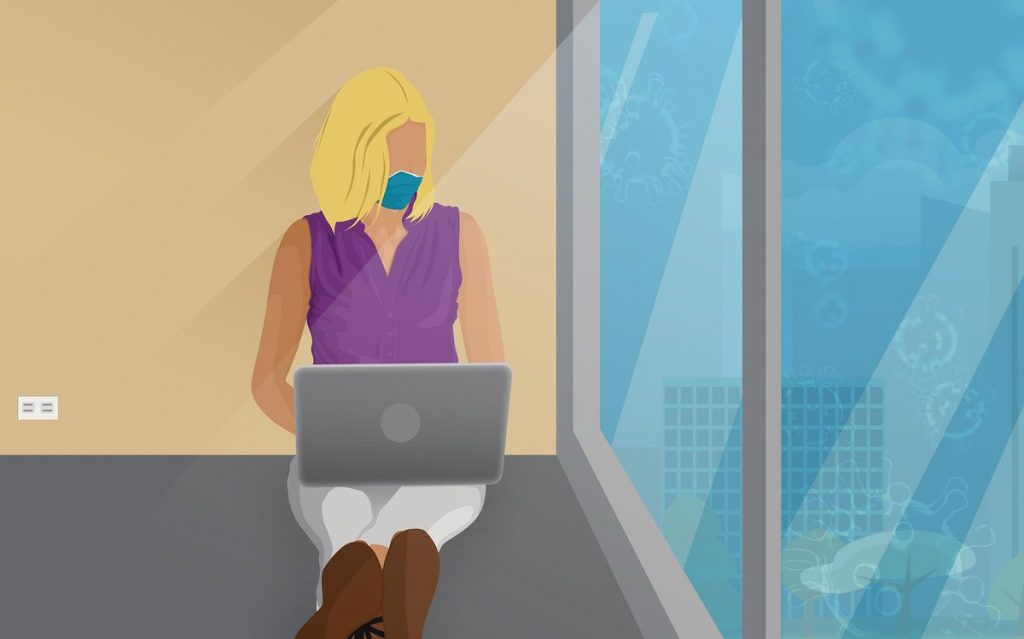Named conditions that prevent coronavirus from spreading indoors
Experts suggest that, like other respiratory infections, the SARS-CoV-2 virus is extremely sensitive to high temperatures, which means that in the summer the pandemic will decline. But the heat determines the weather on the street, but what about the weather in the house?
First of all, if the room is equipped with air conditioning and is constantly cooled, the virus will feel at home as comfortable as in the winter-spring period.

However, another important factor affecting the stability of SARS-CoV-2 is air humidity. A study by Yale experts showed that it was dry, cold air that helps SARS-CoV2 to spread among people. Conversely, a combination of heat and moderate humidity is detrimental to the virus.
The senior author of the study, Akiko Iwasaki, explained that in winter, the difference in humidity in indoor and outdoor also helps respiratory viruses spread. When cold street air with a small amount of moisture is heated in the room, the relative humidity drops to about 20%. As a result, dehydrated air provides a clear path for viral particles. In addition, such air also weakens the ability of cilia of ciliated cells lining the airways to excrete viral particles. And finally, as the Iwasaki team found out, the ability of the immune system to respond to pathogens is suppressed in low humidity conditions.
That’s why I recommend humidifying indoor air in winter, ”says Iwasaki.
Experiments in mice showed that in an environment with a relative humidity of 40% to 60%, infected mice were less likely to transmit respiratory infections to healthy ones. Scientists found that mice that were kept at a relative humidity of 50% successfully cleared the inhaled virus using ciliated cells and developed stable immune responses in response to infection.
Iwasaki emphasized that heat + moderate humidity prevent the coronavirus from spreading and being in an aerosol (small particles of water) in the air for a long time, however, at any time of the year it still retains the ability to be transmitted from person to person through close contact and through contact with surfaces containing a sufficient amount of viral particles. That is why people living in warm countries and people working close together are still susceptible to infection, she said.
It doesn’t matter whether you live in Singapore, India or the Arctic, you still need to wash your hands and keep distance, ”Akiko Iwasaki summed up.










